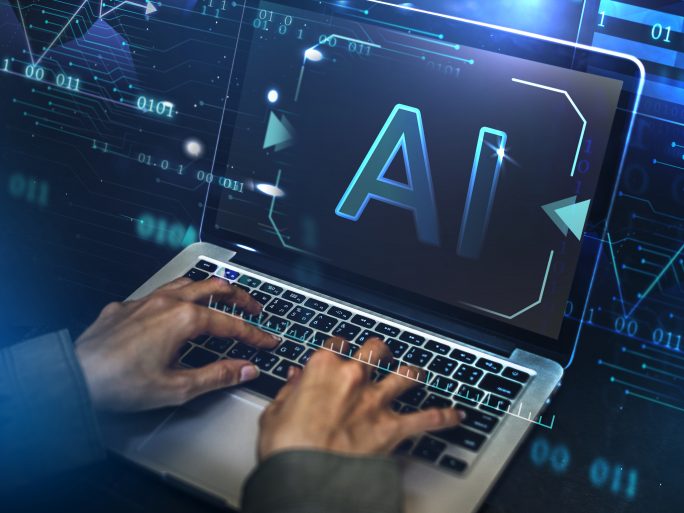Dangers and Opportunities of Artificial Intelligence

In what ways can artificial intelligence make our lives easier in the future? Guest author Maximilian Schmidt from CPI Technologies provides answers.
AI is already helping us in many everyday situations. For example, smart homes or search engines like Google are based on AI. Likewise, the program ChatGPT, which can independently compose texts, recently generated a lot of hype. This makes it clear that AI is already making our everyday lives much easier. In the future, even more areas of application are expected. For example, some developments are currently taking place in the field of illustration. AI will soon be able to paint pictures itself. The first attempts to do so can already be found.
AI makes diagnoses
Artificial intelligence can also help improve healthcare. In the future, for example, programs based on AI will be able to detect diseases more quickly and make diagnoses. They can also find application in the everyday lives of sick people in the form of health apps or care robots. In addition, AI can also participate in the development of new generations of products, for example in the fashion industry or mechanical engineering. Among other things, AI tools can help improve product quality or maintenance techniques and save energy.
At last, Artificial Intelligence will also play a major role in law enforcement. After all, AI guarantees security and is already used by social media platforms like Facebook to filter offensive or violent content. In the future, it would be possible that AI could respond quickly to cyberattacks such as data theft and also be used in crime prevention. The result would be that in the future, crimes and even terrorist attacks could be prevented in a timely manner.
Regulation is essential
However, artificial intelligence not only offers many opportunities, but also great potential for abuse. That’s why it’s important to first establish regulations regarding AI. The fear that AI will dominate and execute wrong commands is not unfounded. After all, programs based on AI have access to an enormously large amount of data. Thus, there are fears of uncontrolled effects that affect the safety of humans. Accordingly, it should be a must to program artificial intelligence with care. In addition, such systems must be under constant surveillance and optimized again and again. The technology can only be used as a tool with reasonable regulation.
Additionally, other dangers arise with its use, such as when one AI learns from another. Not all information that AI programs have access to is accurate and complete. Therefore, in addition to compromising security, there may be the spread of fake news. And these will become less and less detectable. Consequently, no one would have any idea anymore what is true and what is not.
Job loss is an unfounded concern
A widespread concern regarding the use of AI is job loss. With the arrival of ChatGPT, more people than ever fear being replaced by AI and robots and losing their jobs. This concern is especially daunting after the Corona crisis. However, there is no danger here. Programs like ChatGPT can be helpful and take on small tasks, but they still lack human skills like emotional intelligence and creativity. This ensures that agencies will continue to be hired for professional work in the future.
In addition, AI cannot (yet) make business decisions. This is another argument against the concerns of many employees. In many professions, you need to be able to react quickly in emergency situations – and AI can’t do that yet. In the future, technology may take over more tasks, but AI-based programs will still need supervision by a real human.
AI needs regulation
Artificial intelligence not only brings many opportunities, but also great risks. In order to be able to avoid these in the future, regulation regarding AI must be created. Only then the technology can be applied in several areas with a clear conscience and support law enforcement or medicine, for example. Despite all the great strides AI is currently making, however, the concern of job loss is unfounded. Even in the future, we won’t be able to get by without humans for the time being. But it should also be clear to everyone that the potential of artificial intelligence is far from exhausted.
![]()
is CEO of CPI Technologies.